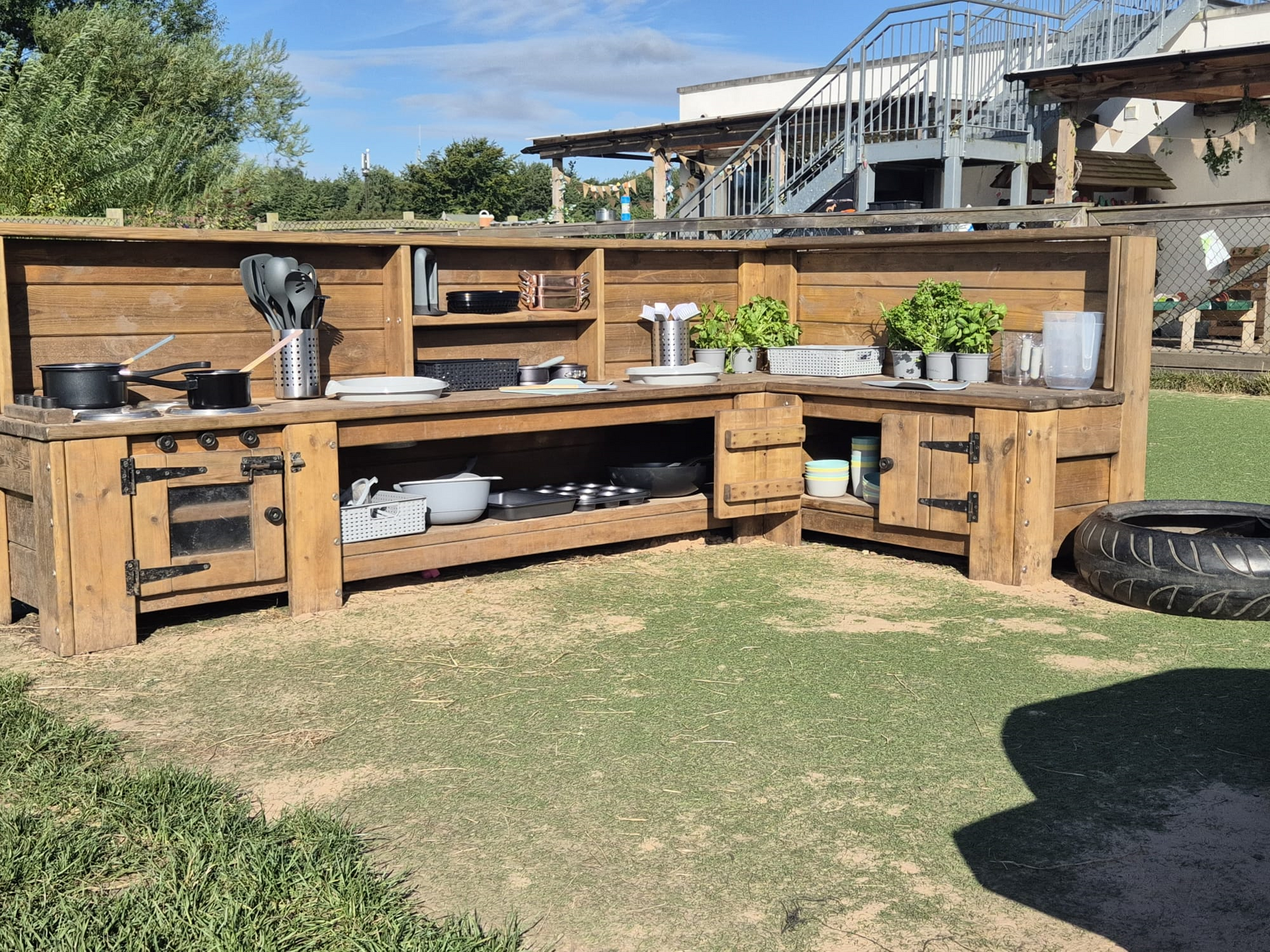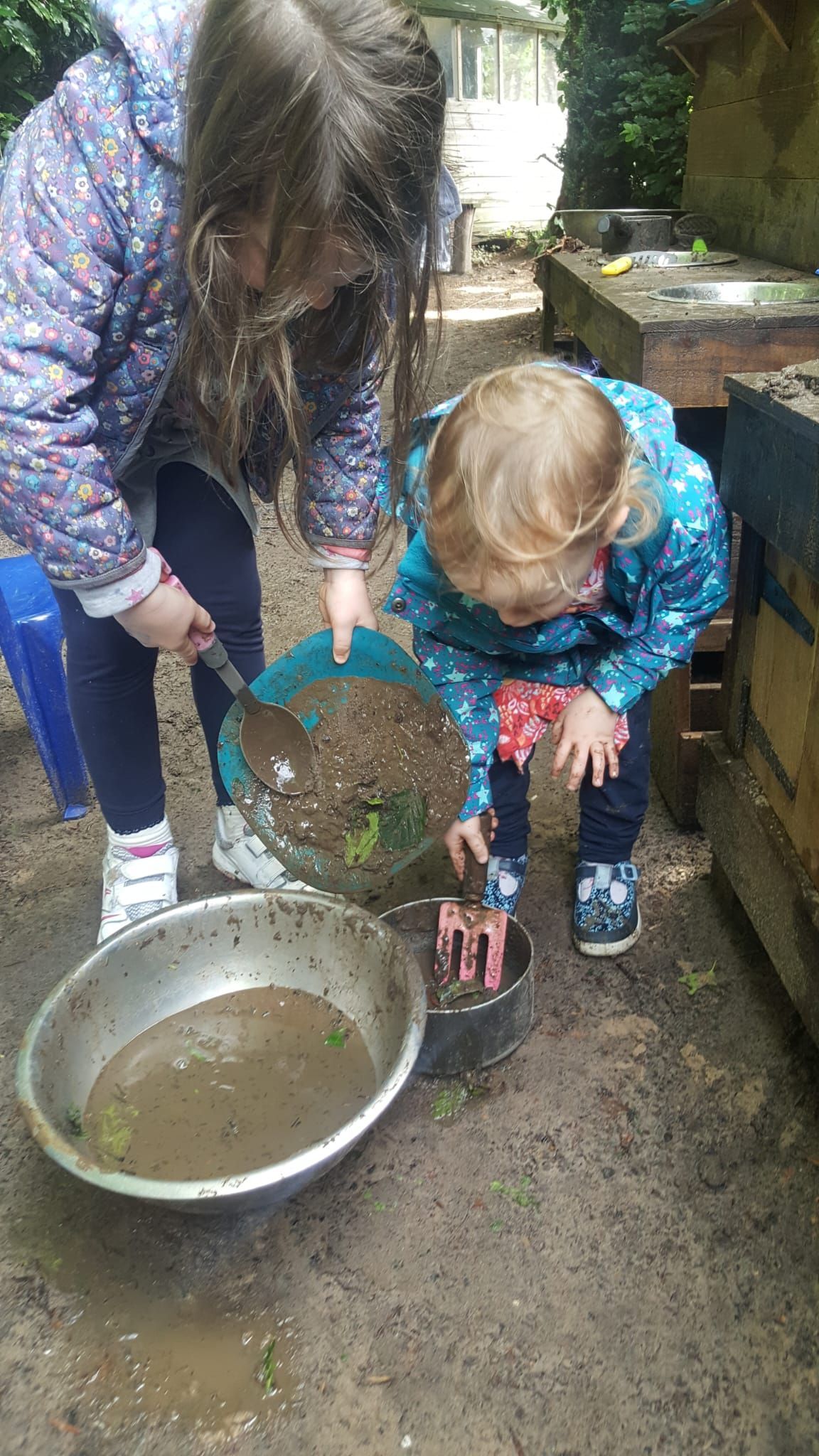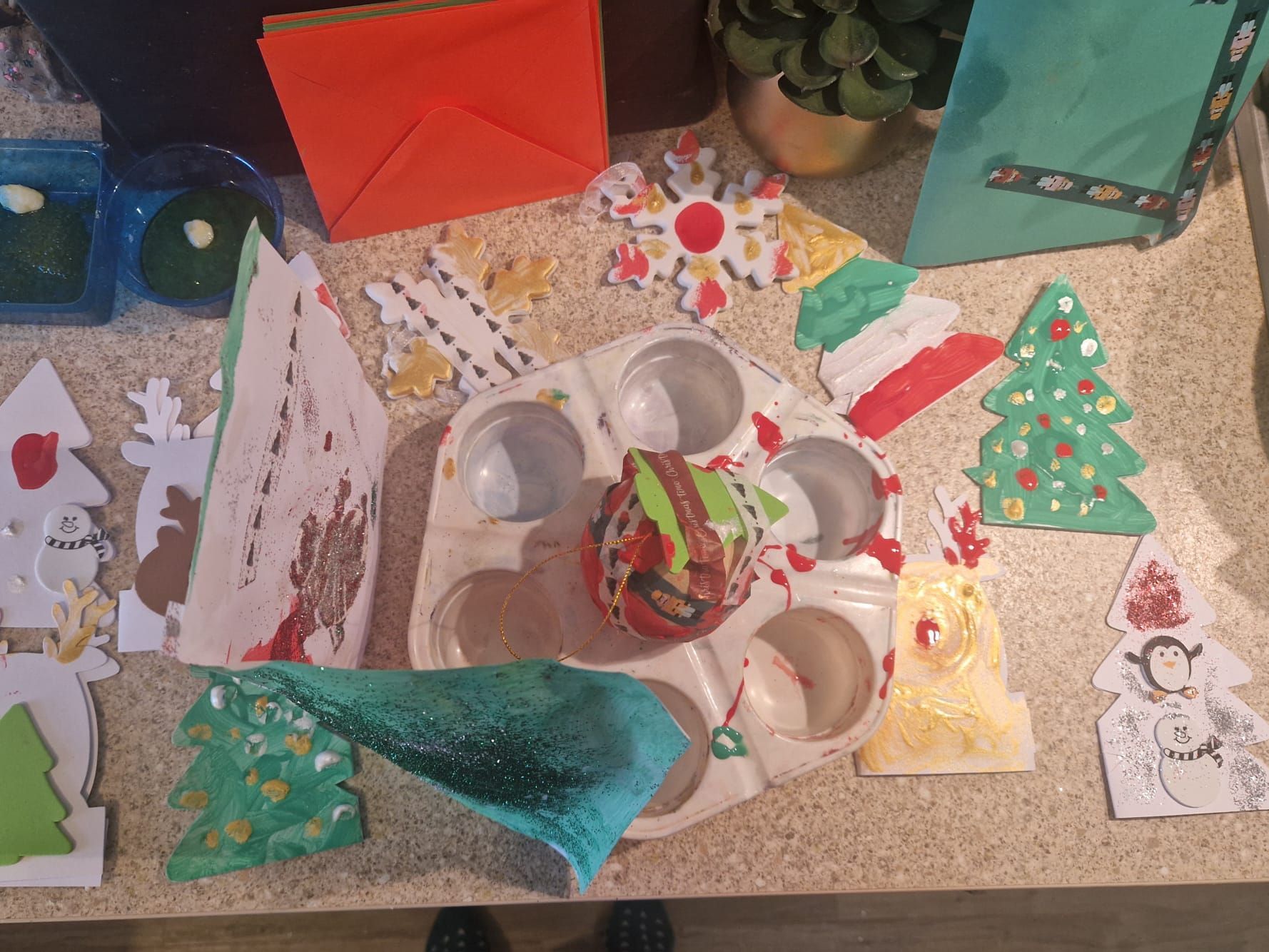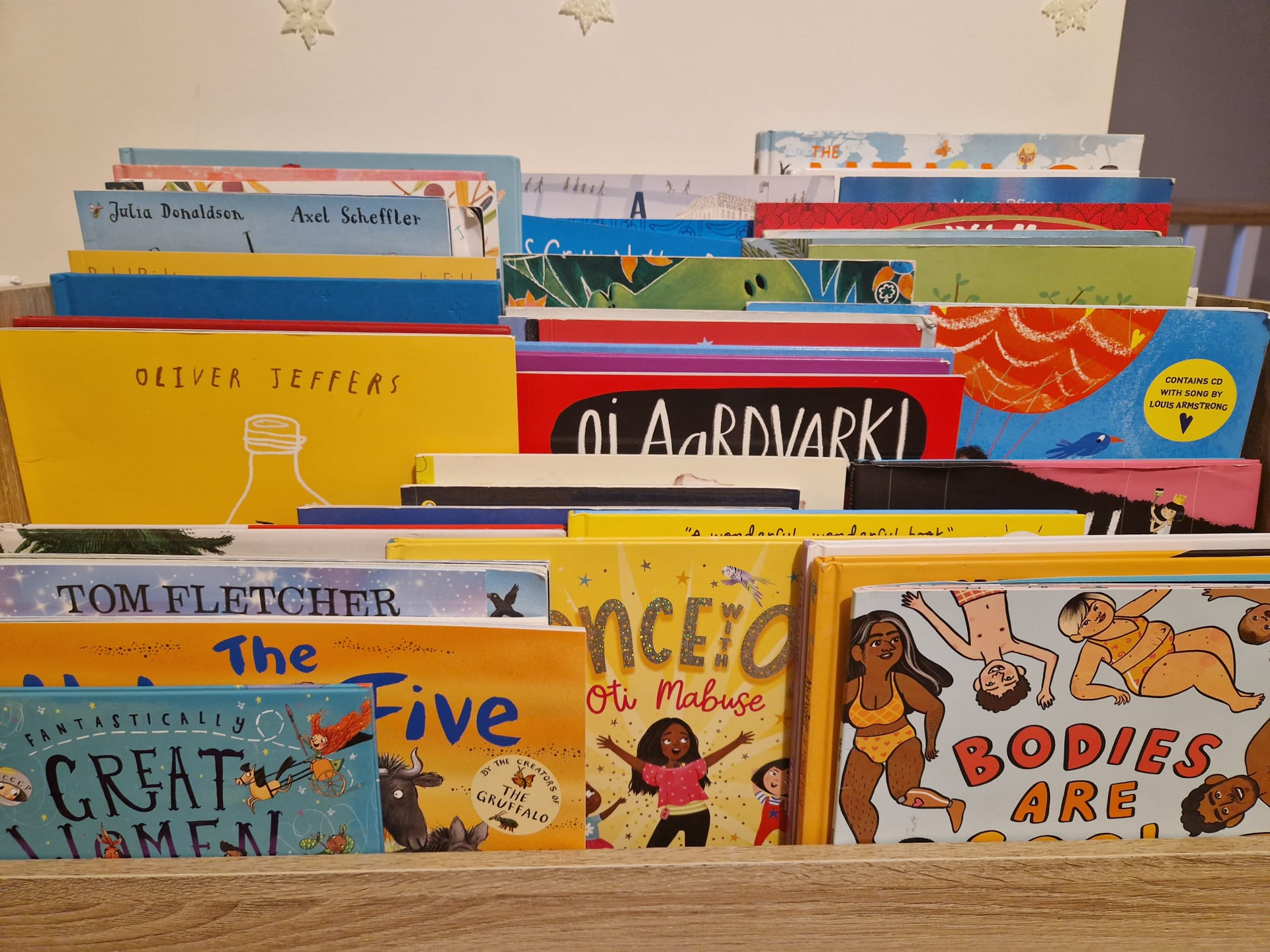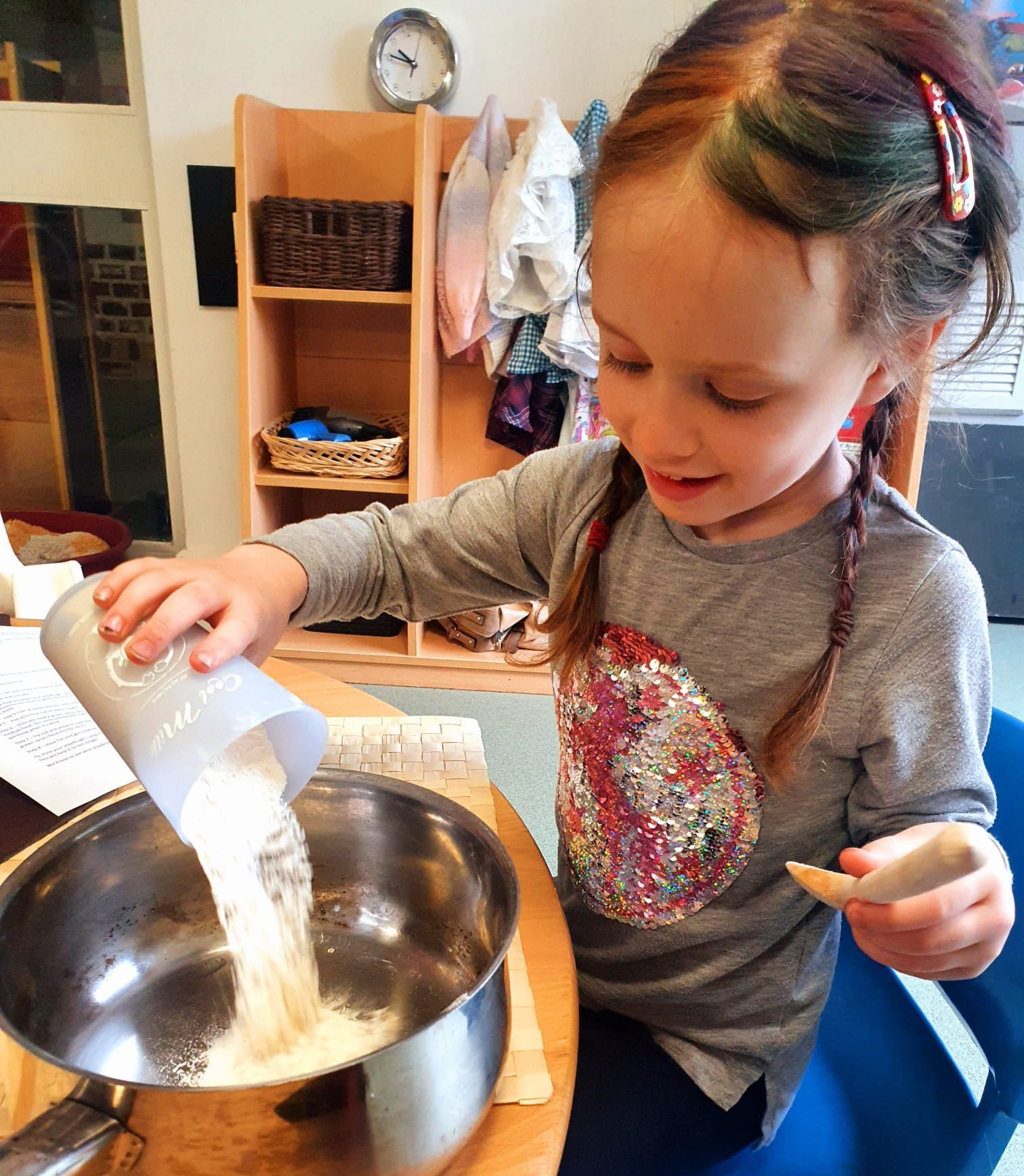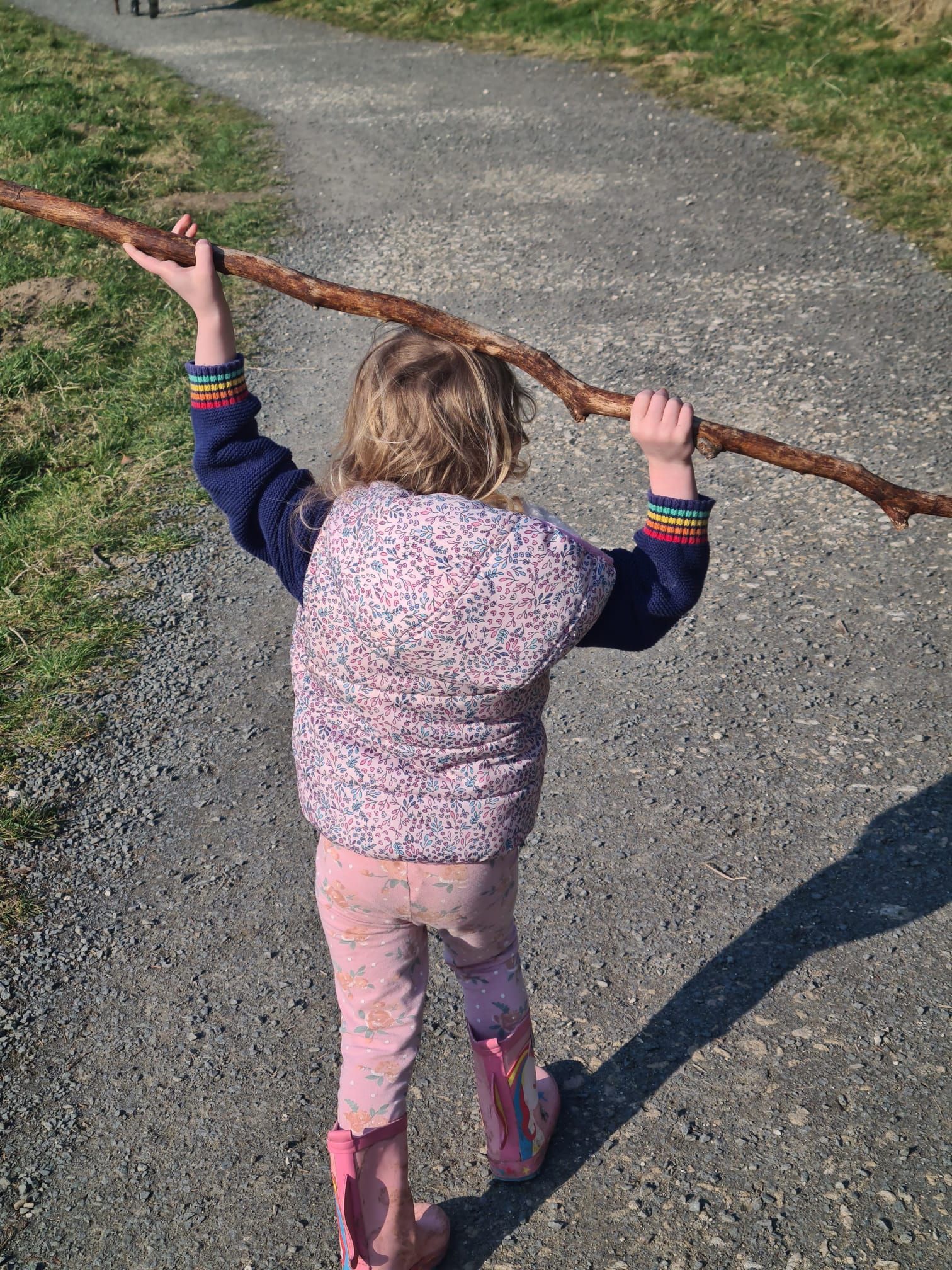What does 'Quality' Early Years provision look like?
So, you book me to come in and support you to improve the quality in your setting, but what does that look like?
Does quality have to fit within a certain approach? Does it have to involve particular styles of resources? Do you need all your team to be trained to Level 6?
The answer to all of these is ‘no’ but of course it’s more complicated than that, let’s try and unpack it.
When we really break it down, at its core, quality Early Years provision is one that puts the child at the centre of everything it does and focusses on meeting each child’s individual needs.
The Early Years landscape can be confusing and overwhelming right now with different approaches and schemes telling you they are the right way to ‘do’ Early Years. The reality is, you need to find what works for you and the children in your setting. There really is no ‘one size fits all’ when it comes to Early Years!
When I look at quality in a setting, there are a few key things that I am looking for:
Sequential Learning - does learning flow through the rooms to support children’s development and support with transitions
Adult interactions - are adults at the child’s level, engaging with them and learning alongside them
Why this? Why now? - can Early Years Educators talk about the ‘why’ for what they are doing and why it is relevant for that child/group of children at that moment in time?
Curriculum and ethos - what do you want for children when they leave your setting and how are you supporting them to get to this point?
Team wellbeing and support - are staff happy and well supported at work, do they want to be there and have the training they need to be able to
Leadership - are leadership confident and clear about what they are wanting to achieve as a setting? Do they model this for the rest of the team? Do they have a good knowledge of what is going on within the setting?
Team training - are the team well trained? Do they understand what is expected of them and have the tools to achieve this?
Safeguarding - do the team have a good understanding of how to keep children safe?
All of this can be achieved with a range of approaches, resources and schemes and, in the most part, is focussed around the team and leadership in the setting all being on the same page and having the skills and tools they need to achieve the best for the children.
I am a big advocate for In the Moment Planning and open ended resources, but this might not work for your cohort or for your team to meet the needs of your setting. That’s something that you can decide as a team who knows your children, families and community and what they need.
When I come in to look at quality in your settings, what is important is for me to get to know you, your setting and understand the ‘why’ behind everything you do. This way, I can help to support you to develop the quality in your setting, whilst still keeping what makes you, you!
If you think I can help, feel free to get in touch.
